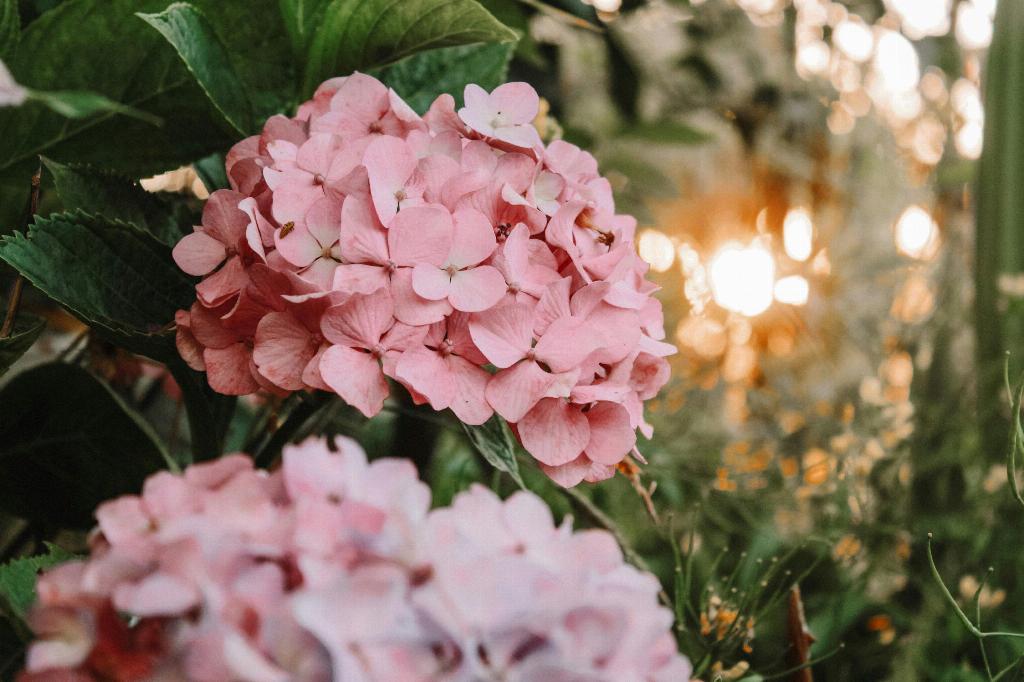Phlox plants are beloved for their vibrant blossoms and ease of care, making them a popular choice for many gardeners. With a wide array of colors and varieties, Phlox adds a touch of beauty to any garden landscape. These versatile plants are excellent for attracting pollinators, enhancing cut flower gardens, providing fragrance to containers, and brightening up garden beds and borders.
When it comes to considering whether deer will eat Phlox, gardeners may be relieved to know that Phlox plants are generally not at the top of a deer’s menu. Due to their strong fragrance and bitter taste, Phlox are not typically preferred by deer, making them a great choice for areas with high deer populations.
Factors influencing deer’s consumption habits
Deer’s feeding habits are influenced by various factors such as the availability of alternative food sources, the season, the region, and the deer population density. While deer may nibble on a wide range of plants, Phlox is often not their first choice.
Types of plants deer typically consume
Deer tend to target plants that are tender, sweet, and easy to digest. Some of the plants commonly favored by deer include hostas, daylilies, and roses. However, Phlox is generally resistant to deer browsing.
Scientific evidence on deer’s preference for Phlox
Studies have shown that deer are more likely to avoid Phlox due to its strong scent and bitter taste. While deer may occasionally sample Phlox, they are less likely to cause significant damage compared to other plants in the garden.
How to Protect Phlox from Deer
To safeguard your Phlox plants from potential deer browsing, there are several effective methods that you can employ:
Natural deterrent methods
Planting deer-resistant species alongside Phlox, such as lavender, salvia, or Russian sage, can help deter deer from entering your garden in the first place. Deer-resistant plants can act as a natural barrier, protecting your Phlox.
Installing physical barriers
Physical barriers like fencing or netting can effectively prevent deer from accessing your Phlox plants. Make sure the barriers are tall enough and secure to deter deer from jumping over or pushing through.
Using repellents to keep deer away
Commercial deer repellents, as well as homemade solutions like garlic or pepper sprays, can be sprayed on and around Phlox plants to mask their scent and taste, making them less appealing to deer.

Conclusion
In conclusion, Phlox plants are generally a safe bet for gardeners concerned about deer damage. While deer may occasionally sample Phlox, their resilience to deer browsing makes them a valuable addition to gardens in deer-prone areas. By implementing natural deterrents, physical barriers, or repellents, you can successfully protect your Phlox plants and enjoy their beauty without worrying about deer interference.
